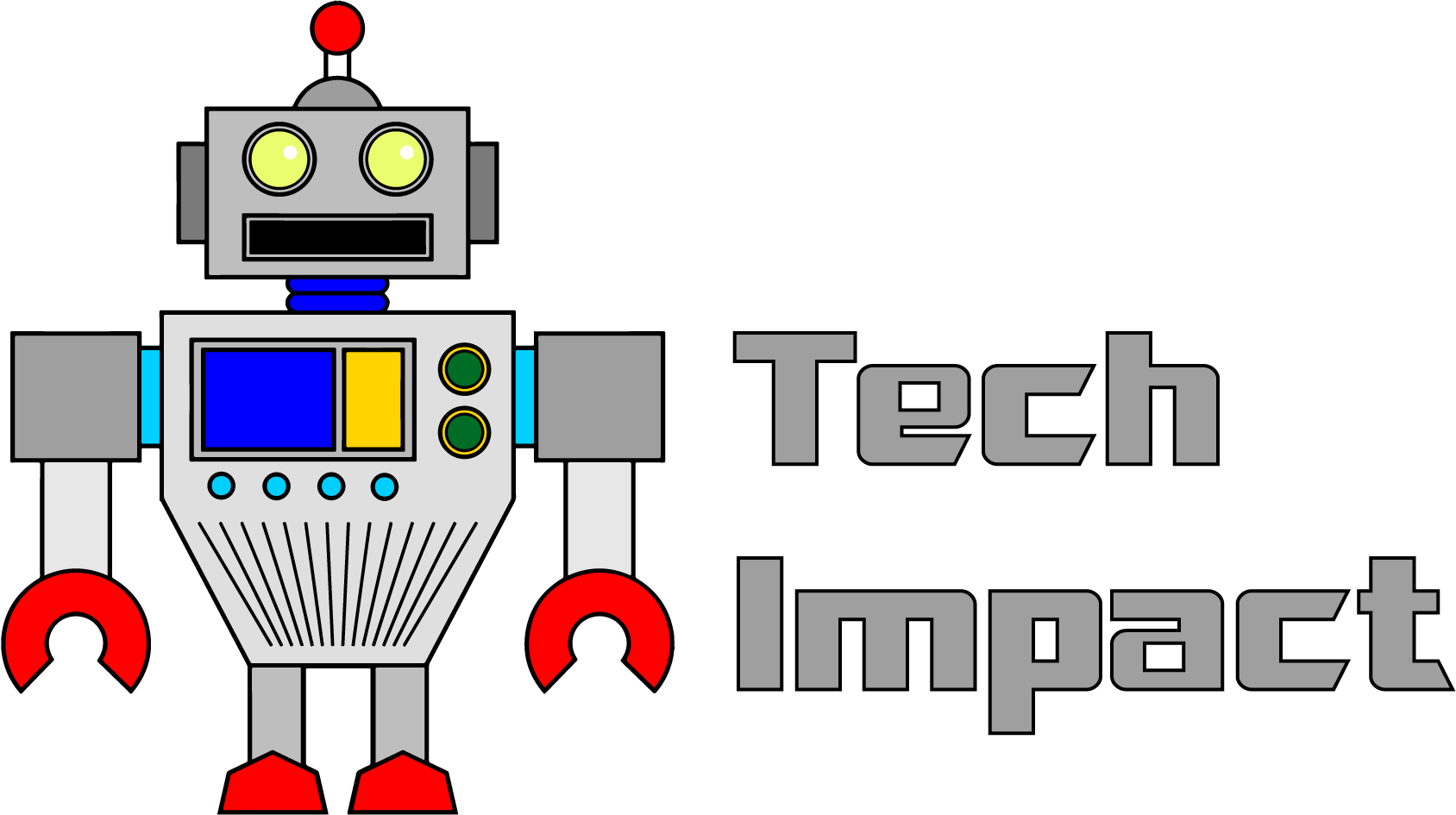TECHNOLOGY – ARTIFICIAL INTELLIGENCE: HEALTH
For Introduction, see Artificial Intelligence Home
CLICK HERE FOR ARCHIVED REFERENCES
LEARN FROM THESE YOUTUBE VIDEOS
REVIEW THESE INFORMATIVE ARTICLES – AND READ THOSE THAT INTEREST YOU
AI FACILITATES BREAST CANCER DETECTION A YEAR BEFORE RADIOLOGISTS (Radiology - 2021-01 - 3DPrint)
DeepHealth, a subsidiary of RadNET, has an AI algorithm to detect breast cancer from mammogram screenings that detected growths a year or more in advance of five full-time, breast-fellowship-trained expert radiologists.
AI identifies prostate cancer with near-perfect accuracy (Radiology - 2020-08 - SciTech)
UPMC and University of Pittsburgh researchers have developed an AI program that demonstrated 98% sensitivity and 97% specificity in detecting prostate cancer, while also reporting high performance for tumor grading, sizing, and invasion of the surrounding nerves.
AI rivals expert radiologists at detecting brain hemorrhages (Radiology - 2019-10 - Technology.org)
An algorithm developed by scientists at UC San Francisco and UC Berkeley did better than two out of four expert radiologists at finding tiny brain hemorrhages in head scans. It took one second to determine whether an entire head scan contained any signs of hemorrhage. It also traced the detailed outlines of the abnormalities it found.
By 2030, everything you know about being human will change (2019-06 - Casey Research)
A forecast of technological change in what being human means, including tiny wireless brain implants called neurograins; CRISPR genetic editing; the elimination of death; and the associated ethical questions.
Stanford’s latest AI helps doctors diagnose brain aneurysms more accurately (Brain - 2019-06 - Extreme Tech)
Researchers at Stanford University have created predictive AI to detect the likelihood of aneurysms in three-dimensional brain scans with high accuracy, although this advance will not be available for years. The search for an aneurysm is one of the most labor-intensive and critical tasks radiologists undertake.
Google shows how AI might detect lung cancer faster and more reliably (Radiology - 2019-05 - MIT Technology Review)
Danial Tse, a researcher at Google, and colleagues trained a deep-learning algorithm to detect malignant lung nodules in more than 42,000 CT scans. The resulting algorithms turned up 11% fewer false positives and 5% fewer false negatives than their human counterparts. The work is described in a paper published in Nature.
Bioengineers clear major hurdle on path to 3D printing replacement organs (Medicine - 2019-05 - Technology.org)
Bioengineers from Rice University and the University of Washington, with other collaborators, have cleared a major hurdle on the path to 3D-printing replacement organs with a breakthrough technique for bioprinting tissues. The new innovation allows scientists to create exquisitely entangled vascular networks that mimic the body’s natural passageways for blood, air, lymph and other vital fluids.
Brain signals translated into speech using artificial intelligence (AI/Brain Speech Translation - 2019-04 - Nature)
Neuroscientists have designed a device that can transform brain signals into speech, modelling the vocal system. Making the leap from single syllables to sentences is technically quite challenging and makes the device impressive. The device transforms brain signals into estimated movements of the vocal tract, and turns these movements into synthetic speech. People who listened to 101 synthesized sentences could understand 70% of the words.
DeepMind has made a prototype product that can diagnose eye diseases (AI/Ophthalmology - 2019-04 - MIT Technology Review)
The device scans a patient’s retina to diagnose potential issues in real time. The images are analyzed by DeepMind’s algorithms, which return a detailed diagnosis in about 30 seconds. The prototype system can detect a range of diseases, including diabetic retinopathy, glaucoma, and age-related macular degeneration – as accurately as top eye specialists. It may be several years before it is widely available.
AI cuts lung cancer false positives (AI/Radiology - 2019-03 - Technology.org)
Lung cancer is the leading cause of cancer deaths worldwide. Screening has a 96% false positive rate. Researchers at the University of Pittsburgh and its Hillman Cancer Center used a machine learning algorithm to substantially reduce false positives without missing a single case of cancer.
The pediatric AI that outperformed junior doctors (AI/Pediatrics - 2019-02 - Singularity Hub)
New research from Guangzhou, China, created a natural-language processing AI that is capable of out-performing rookie pediatricians in diagnosing common childhood ailments, using the same deductive reasoning that the doctors use. Currently, experienced pediatricians out-performed the AI.
AI approach outperformed human experts in identifying cervical pre-cancer (AI/Image Processing - 2019-01 - Technology.org)
National Institutes of Health and Global Good researchers have developed a deep-learning algorithm that analyzes digital images of a woman’s cervix, and accurately identifies pre-cancerous changes that require medical attention. The algorithm was better at identifying pre-cancer than a human expert reviewer of Pap tests under the microscope.
KEEP INFORMED ABOUT TECHNOLOGIES IMPACTING JOBS
Subscribe to our free monthly newsletter
Terms & Conditions | Privacy Policy | Contact Us | About Us | Testimonials | Search | Home © Ronnick Enterprises 2019, 2020, 2021

